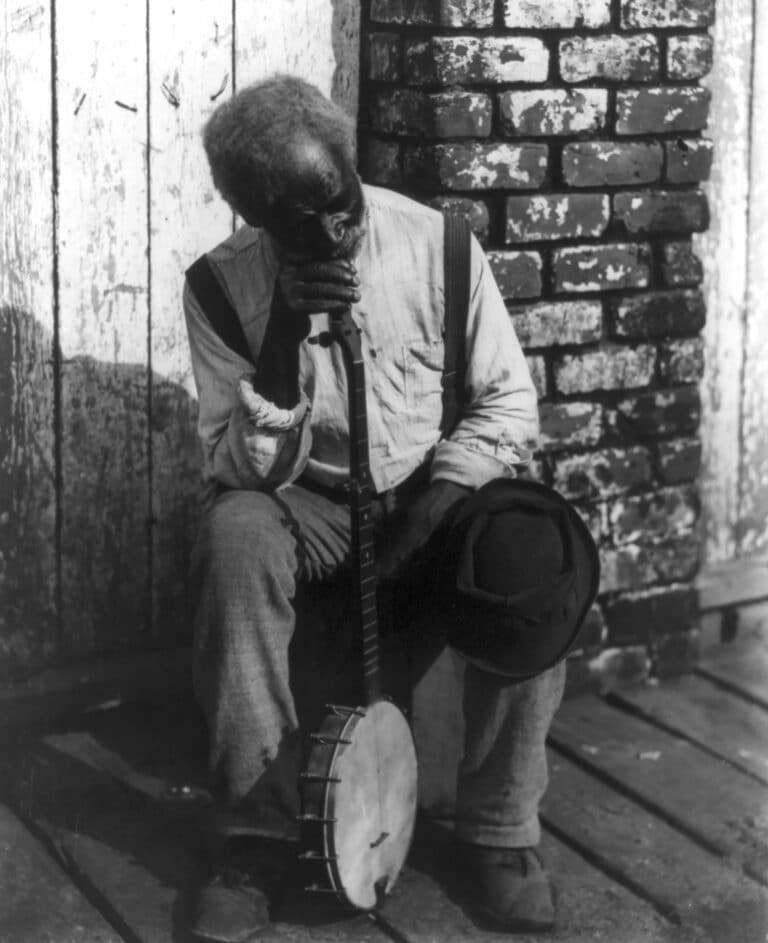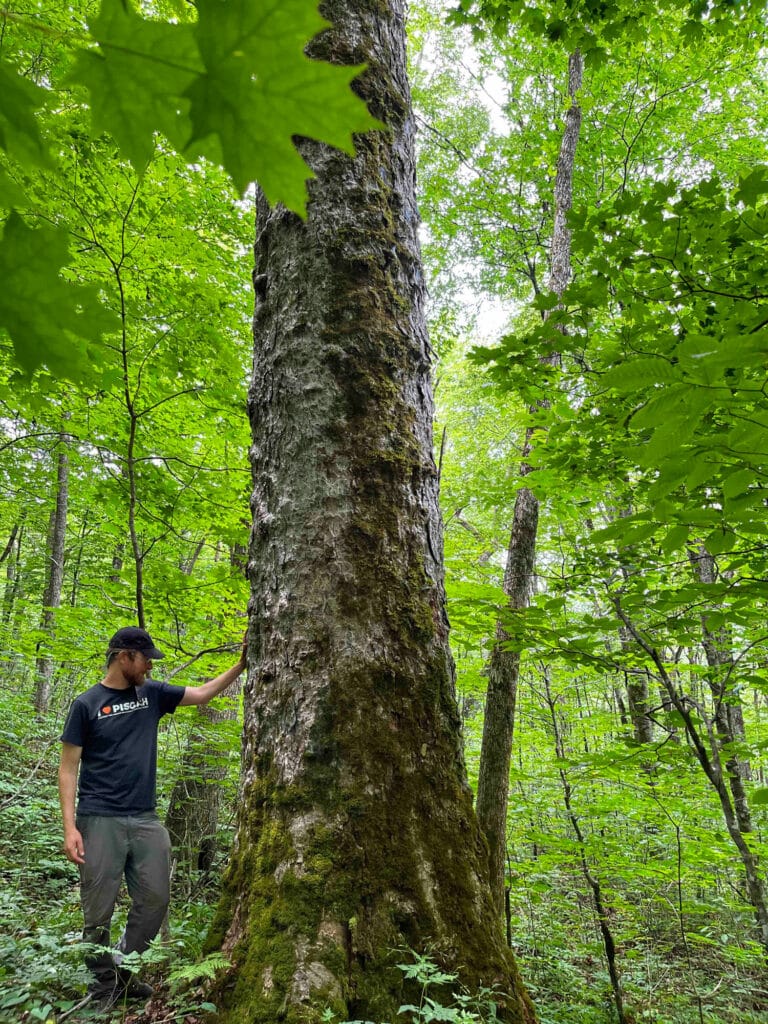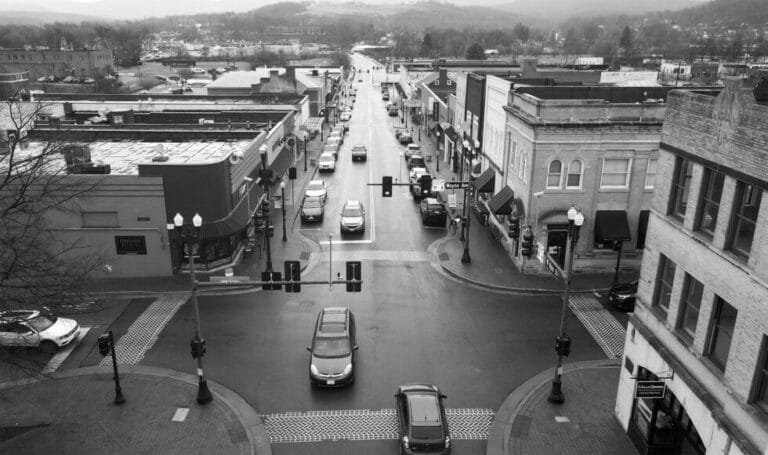Yes: 68%
While it’s true that national forests are the land of many uses, there is a big difference between extractive and non-extractive uses. Extractive uses like logging diminish the forest for all other users. Non-extractive uses like hiking and biking have little impact on the activities of others or the health of the forest ecosystem. There is plenty of private forestland for commercial logging. We don’t need logging in publicly owned and shared national forests. It actually ends up costing taxpayers hundreds of millions to subsidize these national forest timber sales. —Dave G., Mars Hill, N.C.
Commercial logging almost always involves clear cuts, which are a short-term benefit for a single company and a giant long-term loss for everyone else downstream. We not only lose clean water, biodiversity, and recreation for the next several decades, but commerical logging in national forests operates at a net loss of over $1.2 billion to taxpayers each year. —Eugene Nicholson, via e-mail
No: 32%
Timber is a renewable resource. Harvesting selected trees under the supervision of the Forest Service is fine with me, as long as it’s not outweighed by damage to other multiple uses like recreation. —John, Hagerstown, Md.
National forests should permit selective cutting only, and companies should pay market value for the timber. They should not be permitted to cut more than the annual growth. The reason that national forests were created in the first place was to protect them from cut-out-and-get-out wasteful timber barons.
—Laurence Almand, via e-mail







